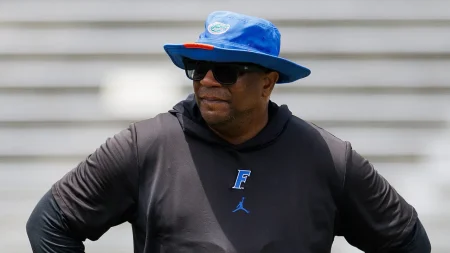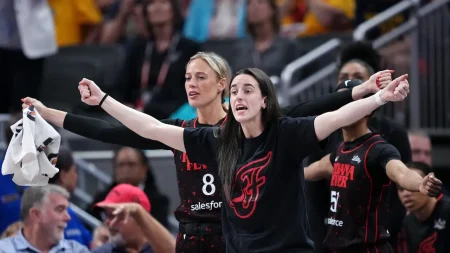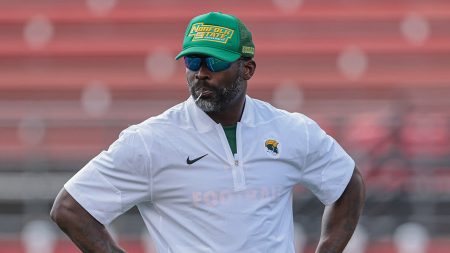Jimmy Dunne resigned from the PGA Policy Board, citing the lack of progress towards a transaction with the Public Investment Fund as the reason for his departure. His resignation came just under a year after he helped negotiate with the PIF alongside Jay Monahan and chairman Ed Herlihy. Rory McIlroy, who had resigned from the board in November, expressed disappointment at the news, stating that he believed the PGA Tour was worse off as a result. Lucas Glover, the 2009 U.S. Open winner, criticized the current system, noting that there are now six players on the board as opposed to four independent directors, which he described as “100% backward.”
Fan favorite Michael Block shared his thoughts on the situation, emphasizing that tour players should focus on playing golf while businessmen handle the business aspects of the organization. He expressed concern about the lack of qualified individuals guiding the PGA’s transition into a for-profit entity, likening the situation to the American presidency where qualified individuals may be deterred from running due to perceived challenges. Block emphasized the importance of having the right people in place to guide the organization in the right direction as they move forward.
The PGA and LIV Golf announced discussions on June 6 regarding a potential merger of the two tours, but doubts have been raised about the likelihood of a deal being reached. Dunne’s resignation has brought renewed attention to the challenges and uncertainties facing the organization as they navigate this transition. McIlroy and Glover both voiced their concerns about the lack of progress with the PIF and LIV Golf, highlighting the need for strong leadership and strategic decision-making to ensure the success of the PGA Tour moving forward.
The dynamics within the PGA Policy Board have come under scrutiny following Dunne’s resignation, with questions raised about the distribution of power and decision-making processes within the organization. The shift from an advisory board to a for-profit entity has raised concerns about the qualifications and expertise of those leading the organization through this transition. Block’s comments shed light on the need for clarity and direction from individuals with the necessary skills and experience to navigate the complexities of transforming the PGA into a successful for-profit enterprise.
The PGA Tour’s future direction and strategic decisions will be critical in determining its success as it navigates the challenges of merging with LIV Golf and transitioning into a for-profit entity. The resignations of key board members and concerns raised by players like McIlroy, Glover, and Block underscore the importance of strong leadership and effective decision-making in guiding the organization through this period of transition. As the PGA Tour seeks to evolve and adapt to a changing landscape, it will be imperative for the board to prioritize expertise, transparency, and collaboration in order to ensure the long-term sustainability and growth of the organization.













